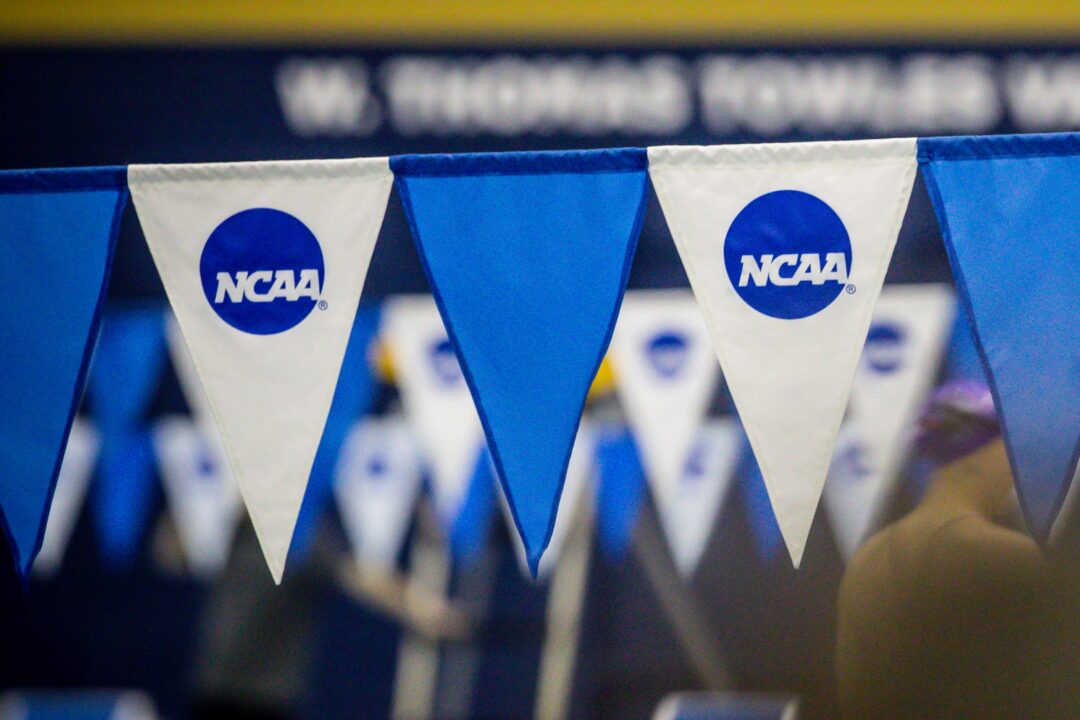Courtesy: Robert Dickson
A day after a potential NCAA investigation of the University of Tennessee for NIL violations was reported, the Attorney Generals of the State of Tennessee and the Commonwealth of Virginia have jointly filed an antitrust action against the NCAA.
The Complaint alleges that the NCAA has entered into “an illegal agreement” to restrain and suppress competition because of its NIL-recruiting ban. Currently, the NCAA prohibits the use of NIL as a recruiting inducement for prospective college athletes. The Plaintiffs point out that the NCAA does permit other forms of financial compensation to be used as an inducement (i.e. athletic scholarships which are conditioned on a student’s enrollment and athletic participation at a particular institution). The lawsuit argues that by restricting NIL discussions for prospective college athletes, the NCAA’s NIL policy restricts schools from competing to arrange NIL compensation for prospective college athletes and suppresses athletes’ NIL compensation by deterring the free movement of labor.
Here’s the full Complaint in State of Tennessee and Commonwealth of Virginia v. NCAA: https://t.co/LNXjvzpMfg pic.twitter.com/Wilt4hk1O4
— Darren Heitner (@DarrenHeitner) January 31, 2024
Both Tennessee and Virginia have active laws that protect college athletes’ right to earn compensation without risking their eligibility and scholarship agreements. Further, both states have language that prohibits athletic associations (NCAA) and universities from restricting a college athlete’s ability to earn NIL compensation. The lawsuit is seeking to declare it unlawful and enjoin the NCAA’s NIL-recruiting ban.
Yesterday, it was first reported by Sports Illustrated that the Tennessee administrators had a meeting with NCAA enforcement personnel on Monday. The New York Times reported that one aspect of the NCAA’s investigation is into quarterback Nico Iamaleava and his recruitment process. It was reported that a collective used a private jet to fly the five-star quarterback to Knoxville for a recruiting visit. The NCAA prohibits boosters from paying for recruiting visits. In 2022, The Athletic reported that a high school junior agreed to a contract that would compensate him up to $8 million. There was some speculation that Iamaleave was the individual involved, but that information was never confirmed or denied by him or his family.
Recently, the NCAA has ramped up its NIL investigations. On January 11th, the NCAA reported its first NIL-related recruiting violation at Florida State. The investigation found that a Florida State assistant football recruiting contact between a transfer and a CEO of a Collective. Last week, the NCAA began looking into the University of Florida football program and the recruitment of former Gator-commit Jaden Rasahda.
With the lawsuit filed today, the NCAA certainly will have its fair share of attorney fees to pay in 2024. In addition to the Tennessee/Virginia lawsuit, the NCAA is battling in House v. NCAA; Johnson v. NCAA; the NLRB hearing involving USC, PAC-12, and the NCAA; and the Department of Justice and 10 States plus DC against the NCAA’s transfer eligibility rule.

Interesting….. it used to be: “come to our school where you’ll get top notch education and best xxxx program to develop your athletic and academic careers.”
Now it’s: “come to our school because we can fudge the NIL deal to maximize your net income!!!!”
First, not much of this has anything to do with S&D. But opaque systems are the most ripe for abuse and the current system of coaches having to pretend they cannot recruit based off of NIL deals is just stupid.